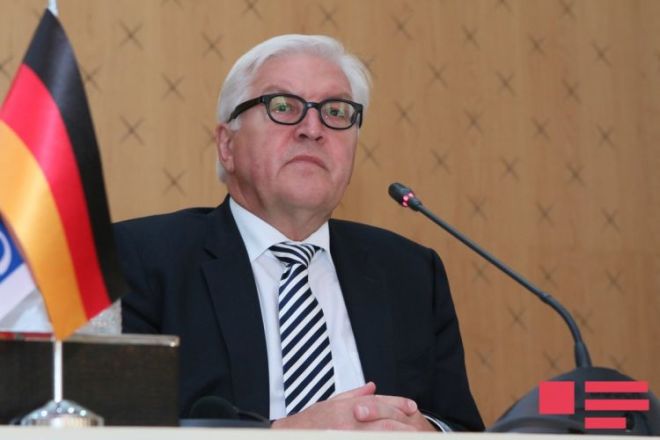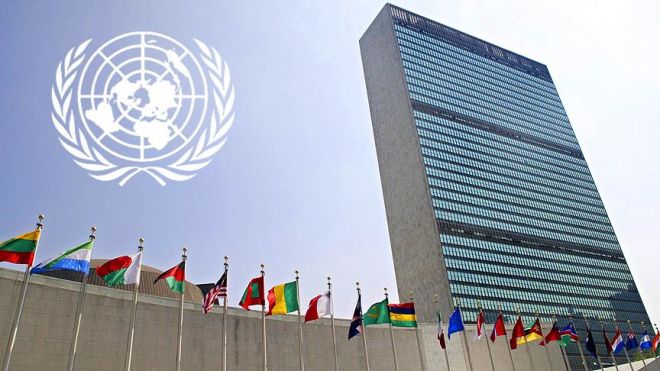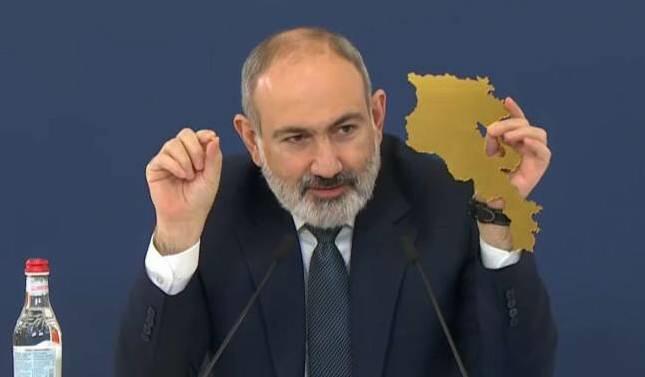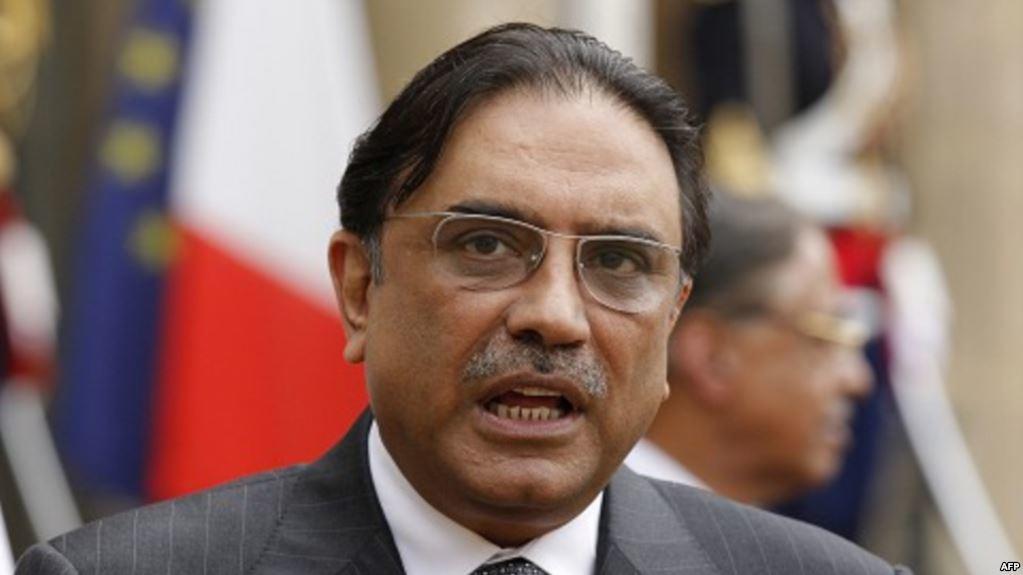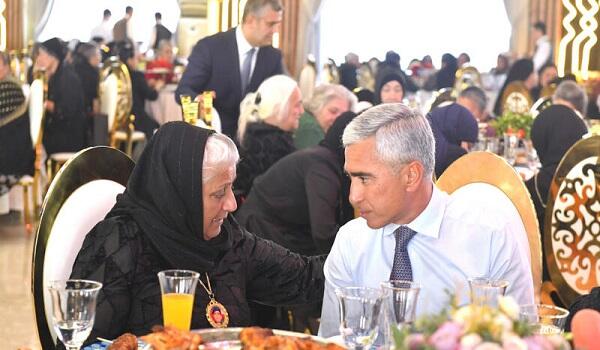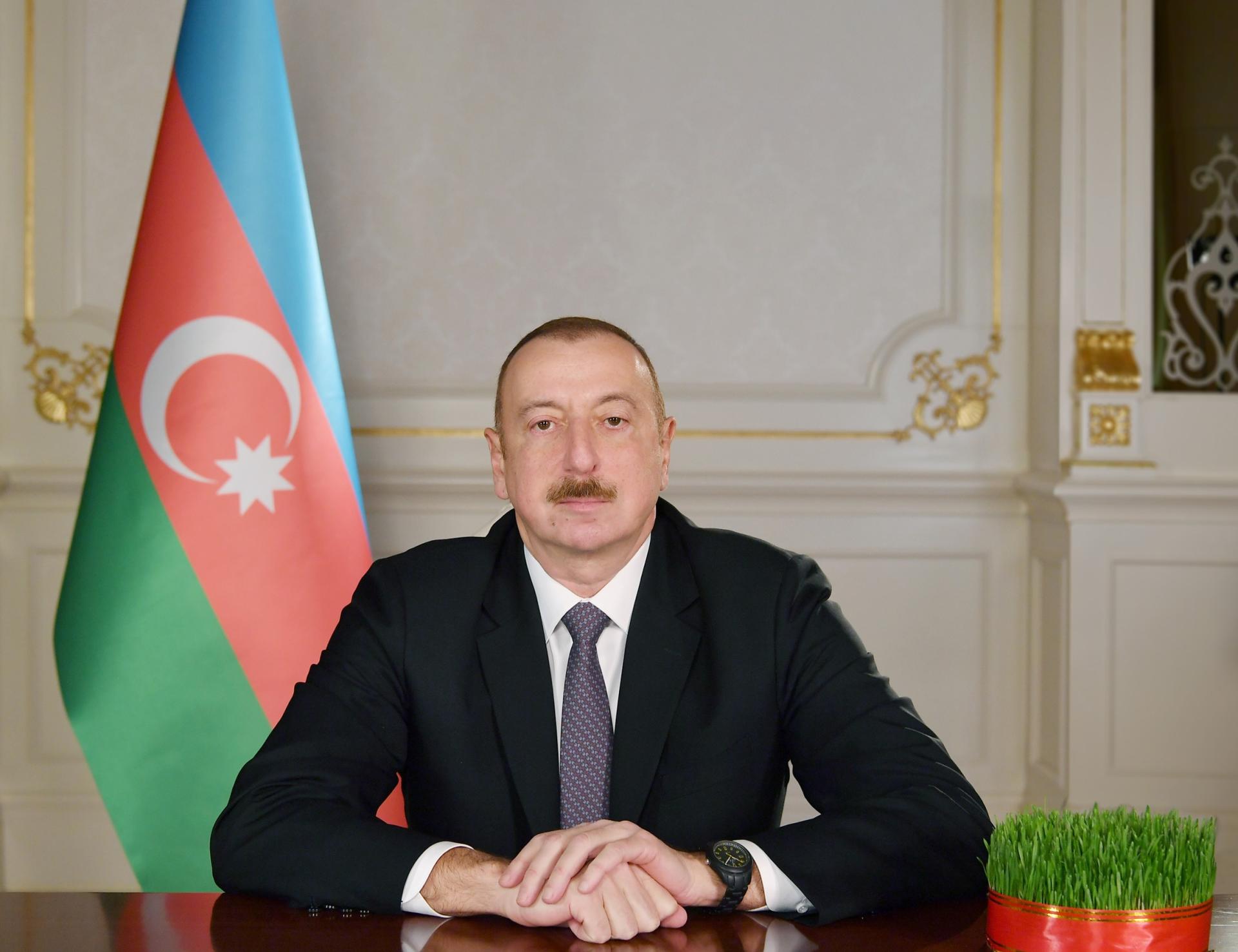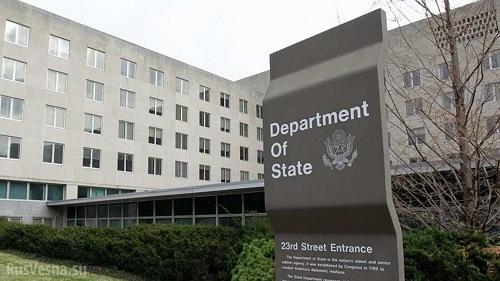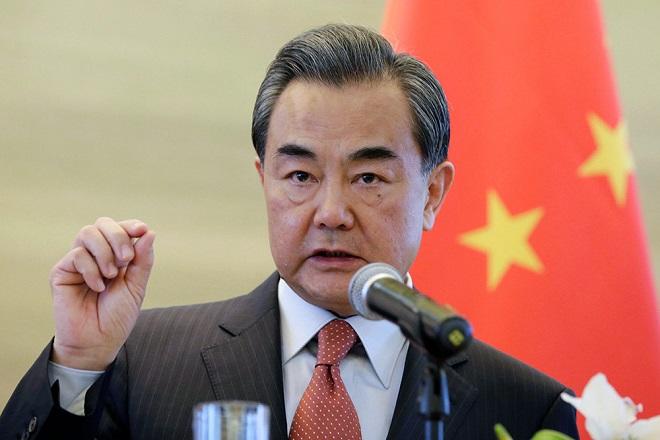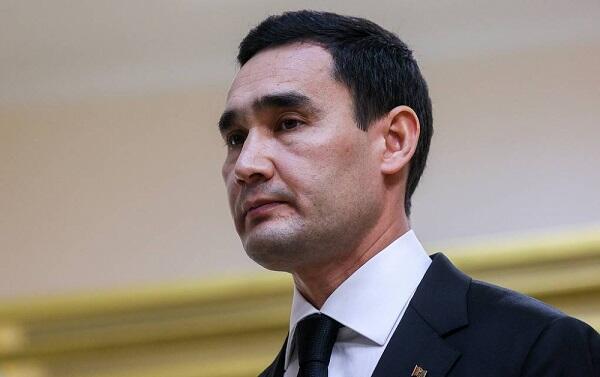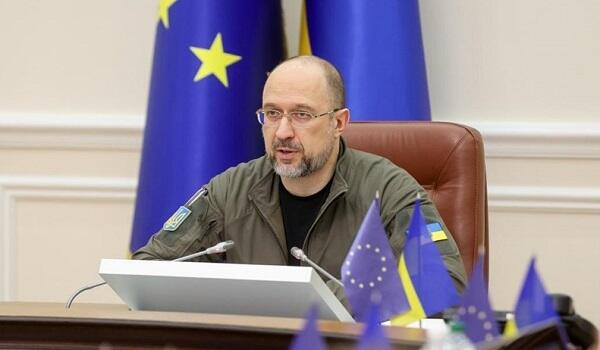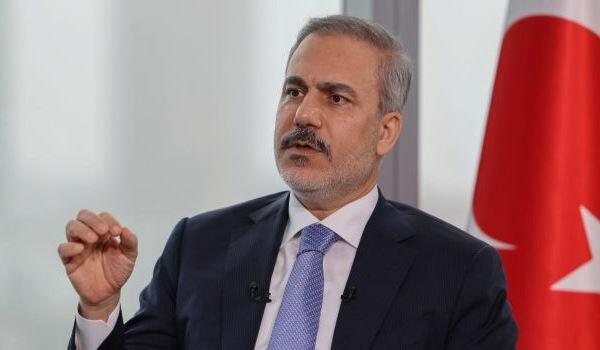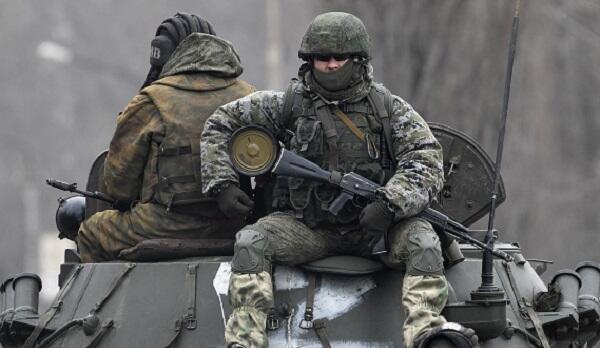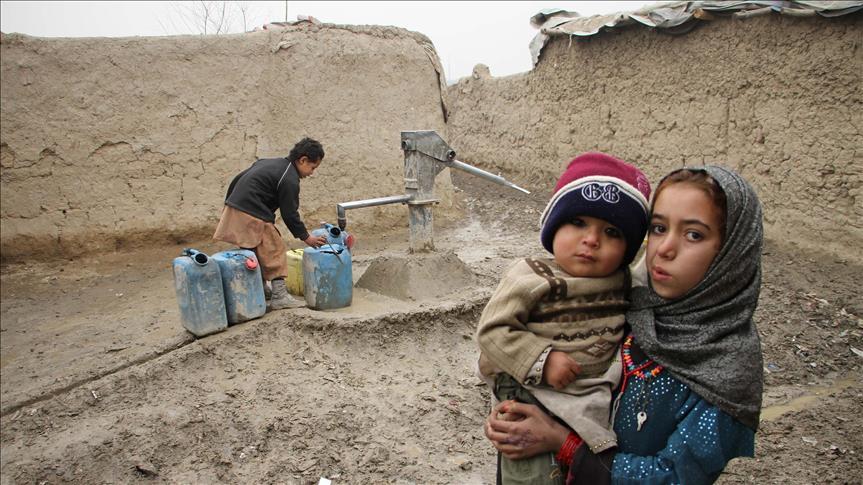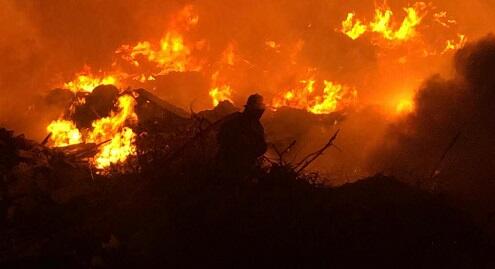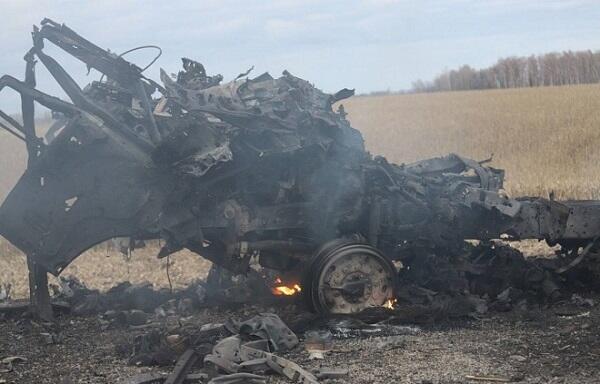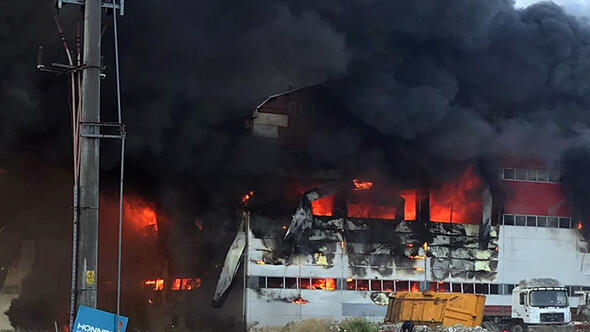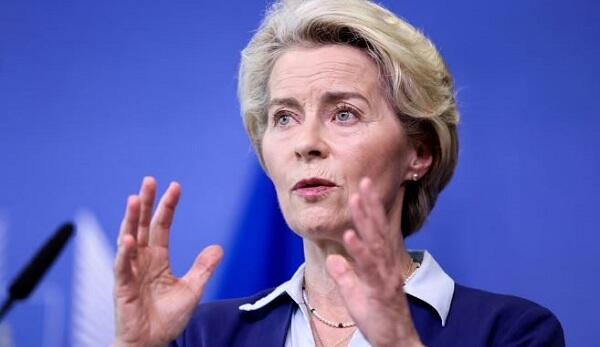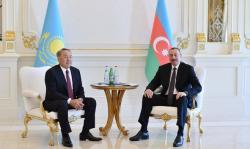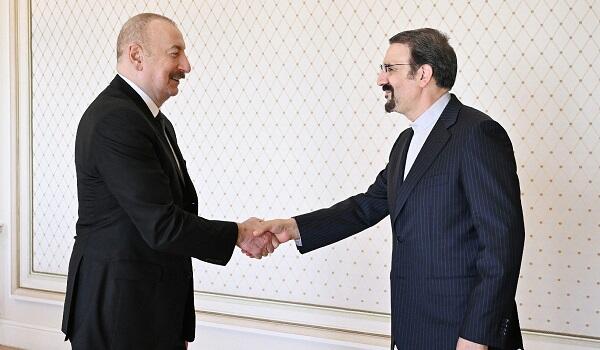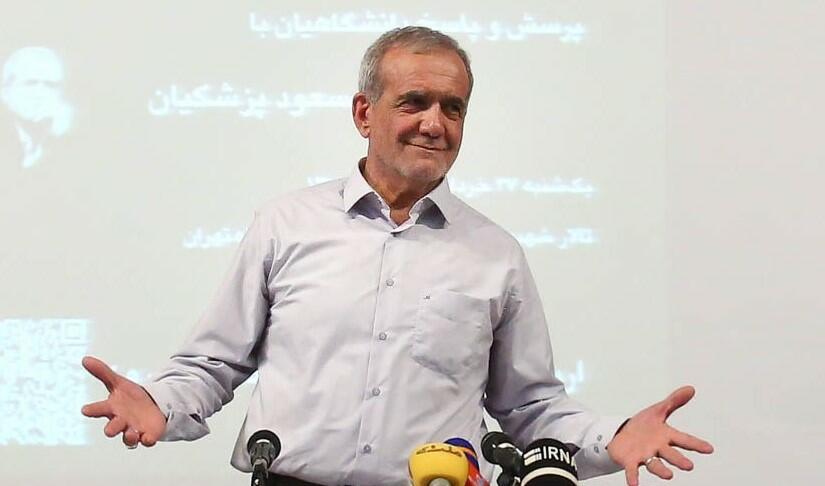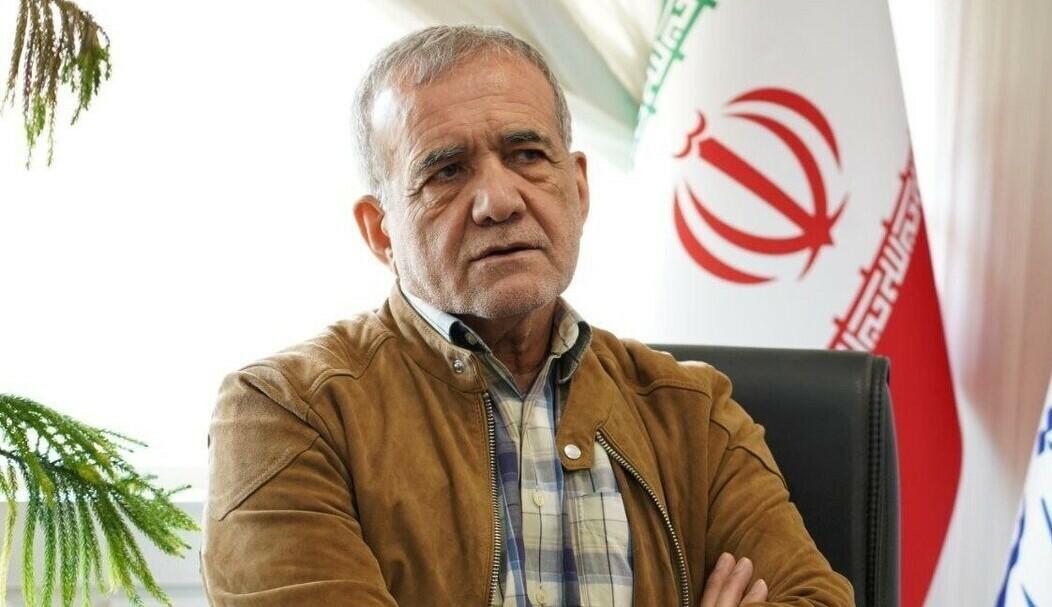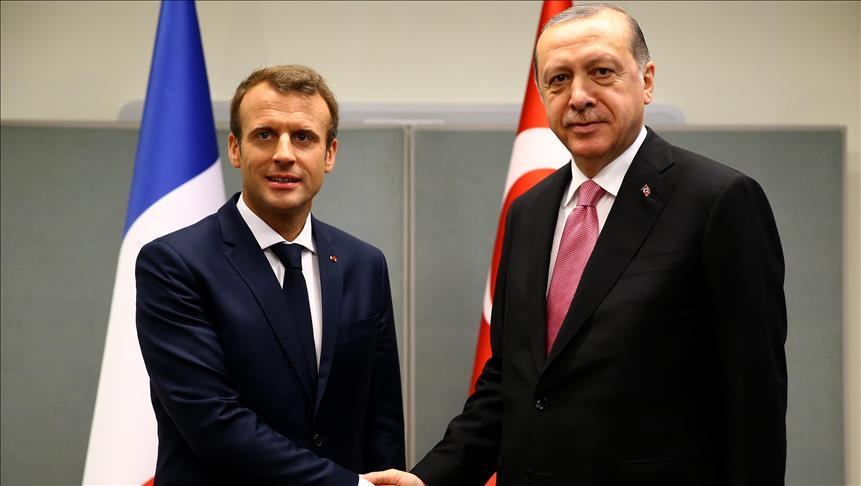The Ministry of Foreign Affairs issued a statement on March 31 – the Day of the Genocide of Azerbaijanis
Axar.az presents the text of the statement:
“Today marks 107 years since the March Genocide of 1918, one of the most massive massacres of the last century, in which thousands of our compatriots were brutally killed on ethnic and religious grounds by radical Armenian groups. On March 31 – the Day of the Genocide of Azerbaijanis – we deeply mourn and respectfully commemorate the memory of the innocent victims of these tragic events.
The massacres, carried out as part of a systematic ethnic cleansing and genocide policy against Azerbaijanis, were directly organized and executed by 6,000 soldiers of the Baku Soviet, led by the Armenian-born Caucasus Commissar Stepan Shaumyan, along with 4,000 armed militants of the “Dashnaktsutyun” party and others. Under the guise of “counter-revolutionary struggle,” these forces deliberately slaughtered peaceful Azerbaijanis in Baku, Shamakhi, Guba, Karabakh, Zangezur, Nakhchivan, Shirvan, and Yerevan. In Guba alone, more than 16,000 people were mercilessly killed, and 167 villages were razed to the ground.
The atrocities committed against Azerbaijani cultural and religious monuments, including mosques and cemeteries, during these massacres – in which tens of thousands of our compatriots lost their lives – are a clear indication of the ethnic hatred and intolerance underlying these crimes.
Following the establishment of the Azerbaijan Democratic Republic, special commissions were created to investigate these events and bring them to the attention of the world community. March 31 was officially designated as a national day of mourning. However, the collapse of the Republic prevented the political and legal assessment of this crime.
After the restoration of our independence and the return to power of National Leader Heydar Aliyev, these events were politically recognized through the "Decree on the Genocide of Azerbaijanis" signed on March 26, 1998.
The policy of ethnic hatred and intolerance that led to the massacres at the beginning of the 20th century resurfaced at the end of the century in the form of the mass deportation of Azerbaijanis from what is now Armenia, the Khojaly Genocide, and war crimes committed against civilians during the occupation and the 44-day Patriotic War in 2020.
Despite historical opportunities to put an end to the bloody pages of the region’s past and establish lasting peace, the continued presence of territorial claims in the Armenian constitution and legislation remains the greatest obstacle and source of concern for regional stability.
In this regard, while Azerbaijan continues its national and international efforts to bring those responsible for these crimes to justice, it remains firm and unwavering in its demand for Armenia to abandon its territorial claims against our country to ensure lasting peace in the region.
On March 31 – the Day of the Genocide of Azerbaijanis – we deeply mourn and respectfully commemorate the memory of the innocent Azerbaijanis who fell victim to ethnic hatred and genocide. May God have mercy on them!”


